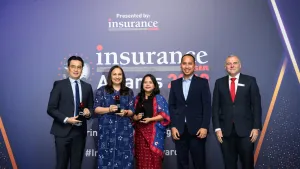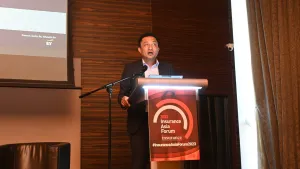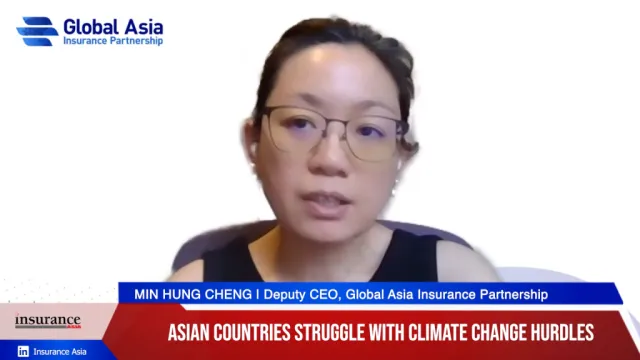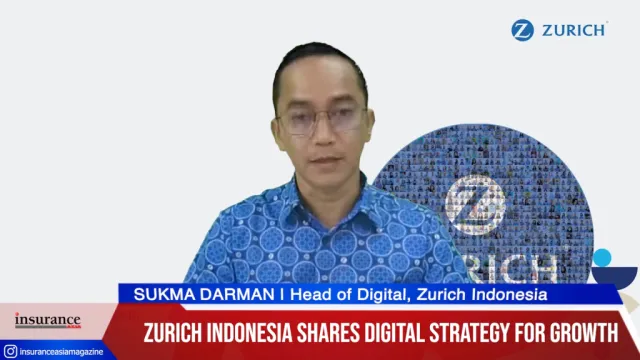
NTUC Income to cover 54,000 students in expanded insurance cover scheme
The free insurance cover is available to eligible students from low-income families.
NTUC Income is expanding the Income Family Micro-Insurance Scheme (IFMIS) to cover children from Ministry of Education (MOE) Kindergartens (MKs) who are under the Early Childhood Development Agency’s Kindergarten Fee Assistance Scheme (KiFAS), students in Independent Schools (ISes) who are under MOE’s Independent School Bursary (ISB), as well as students in government-funded Special Education (SPED) schools who are under the SPED FAS.
The expansion, which will come into effect from 1 July 2022, will see IFMIS extend insurance protection to about 54,000 eligible students in Singapore, up from over 46,500 students currently eligible for IFMIS as of early 2022.
IFMIS currently offers insurance protection, at no premium, to students from low-income families in NTUC First Campus’ My First Skool, as well as MOE FAS recipients from Primary, Secondary, Pre-University and Specialised Schools across Singapore. From 1 July 2022, to be eligible for IFMIS, a student must either be:
- Enrolled in a MK and is a recipient of KiFAS
- Enrolled in NTUC First Campus’ My First Skool and whose Gross Household Income or Per Capita Income does not exceed $3243.11 (S$4,500) a month or $810.78 (S$1,125) a month respectively
- Studying in a local primary, secondary, pre-university or specialised school and is a recipient of the MOE FAS
- Studying in an IS and is a recipient of the MOE ISB and whose Gross Household Income or Per Capita Income does not exceed $1981.90 (S$2,750) a month or $497.28 (S$690) a month respectively
- Studying in a government-funded SPED school and is a recipient of the SPED FAS.
Created to offer support to children and youths in need from low-income families in times of crisis, IFMIS pays out $3603.46 (S$5,000) to families in the unfortunate event that a parent or guardian of an eligible student passes away or suffers a total permanent disability. To date, IFMIS has disbursed over $1.34m (S$1.86m) in claims to more than 330 families.
*****
You may also like:
Japanese life segment stands strong as firms maintain solid capital positions: AM Best
COMMENTARY: HK insurers’ response to sustainability challenges
EXCLUSIVE: How Emma transforms AXA Mandiri's digital strategies










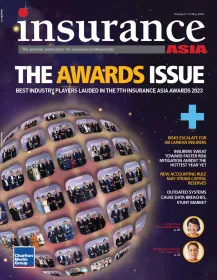
 Advertise
Advertise

